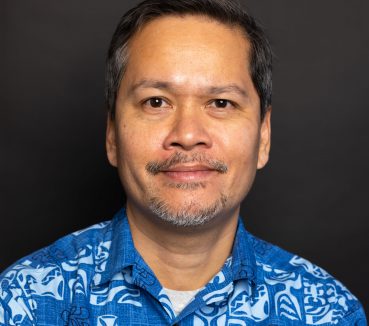STEM Translational Communication Center
Striving to improve human health and environmental quality by making scientific research more accessible, understandable, and usable.
What We Do
We create strategic partnerships among university researchers, community members, the healthcare industry, and the environmental sector around evidence-based communication. We improve the messages, techniques, and strategies in science, environment, and health literacy, enhancing knowledge engagement, and behavioral change. Properly translated and communicated to various audiences, basic research in science, technology, engineering, and medicine (STEM) can lead to enhanced individual, family, group, and policy-level decision-making.
Faculty

Francis Dalisay, Ph.D.
Associate Professor – Department of Public Relations, STEM Translational Communication Center
3214 Weimer
Send Email See Bio
Austin Hubner, Ph.D.
Assistant Professor – Department of Public Relations
3212 Weimer
Send Email See Bio
Jiawei Liu, Ph.D.
Assistant Professor – Department of Advertising, STEM Translational Communication Center
3212 Weimer
Send Email See Bio




